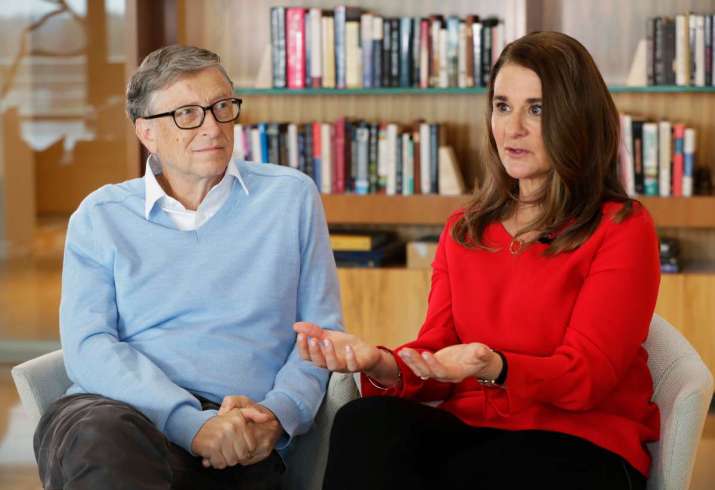
In a recent post on his personal blog, Bill Gates, author, philanthropist, and the principal founder of the Microsoft Corporation, mentions that he has taken up mediation this year to improve his focus, and now sits together with his wife Melinda two or three times a week.
In his early Microsoft days, Gates opted to stop listening to music and watch tv in order to maintain focused. While he realized others were exploring the use of meditation to similar ends, he “wasn’t interested. I thought of meditation as a woo-woo thing tied somehow to reincarnation, and I didn’t buy into it.” (gatesnotes)
“Lately, though, I’ve gained a much better understanding of meditation,” he adds. “I’m certainly not an expert, but I now meditate two or three times a week, for about 10 minutes each time. Melinda meditates too. Sometimes we sit to meditate together.” (gatesnotes)
“I now see that meditation is simply exercise for the mind, similar to the way we exercise our muscles when we play sports,” he continues.”It’s about taking a few minutes out of my day, learning how to pay attention to the thoughts in my head, and gaining a little bit of distance from them.” (gatesnotes)
Gates credits Headspace, a meditation app founded by Andy Puddicombe—a former Buddhist monk— aimed at helping people reframe stress through guided meditation and mindfulness, for this new found interest.
“Prior to finding Headspace, I had read several books about meditation, all of which intimidated me. They made me think that the investment in terms of time and energy was just too high,” Gates wrote his preconceptions about meditation in his blog. “Headspace made the barrier to entry low enough for me.”(gatesnotes) Gates does jokingly add that rather than sitting in a lotus position, he and his wife opt for the use of comfortable chairs.
Meditation is an ancient technique used in many meditative religious traditions, including Buddhism. In the recent decade, it has gained popularity among modern physiologists, neurologists, and physicians for its numerous benefits, such as stress reduction and deep relaxation. Many organizations, particularly in the West, are adapting mindfulness-based meditation programs to teach people how to cope with high stress environments, teaching practitioners how to respond to the stressors they encounter on a daily basis.
These proven benefits are one of the aspects that persuaded Gates to give meditation a try: “If you want to try meditation for yourself, one good way to ease into it—especially if you’re as sceptical as I was—is to pick up a copy of Andy’s book,” said Gates. “Andy presents the evidence base behind these practices in sections called “What the research shows” so you know the benefits are legitimate.” (gatesnotes)
Gates isn’t sure however, whether meditation would have helped him when he just started Microsoft. Even without meditation, he was hyper focused on his work. “But now that I’m married, have three children, and have a broader set of professional and personal interests, it’s a great tool for improving my focus. It’s also helped me step back and get some ease with whatever thoughts or emotions are present. I like what I’m getting from my 10 minutes every few days,” he writes. (gatesnotes)
See more
Peace of Mind: Why I’m into meditation(gatesnotes)
Bill Gates once thought meditation was a ‘woo-woo thing.’ Now he meditates up to 3 times per week.(Business Insider)
Bill Gates’s best books of the year have a New Age twist(The Washington Post)












